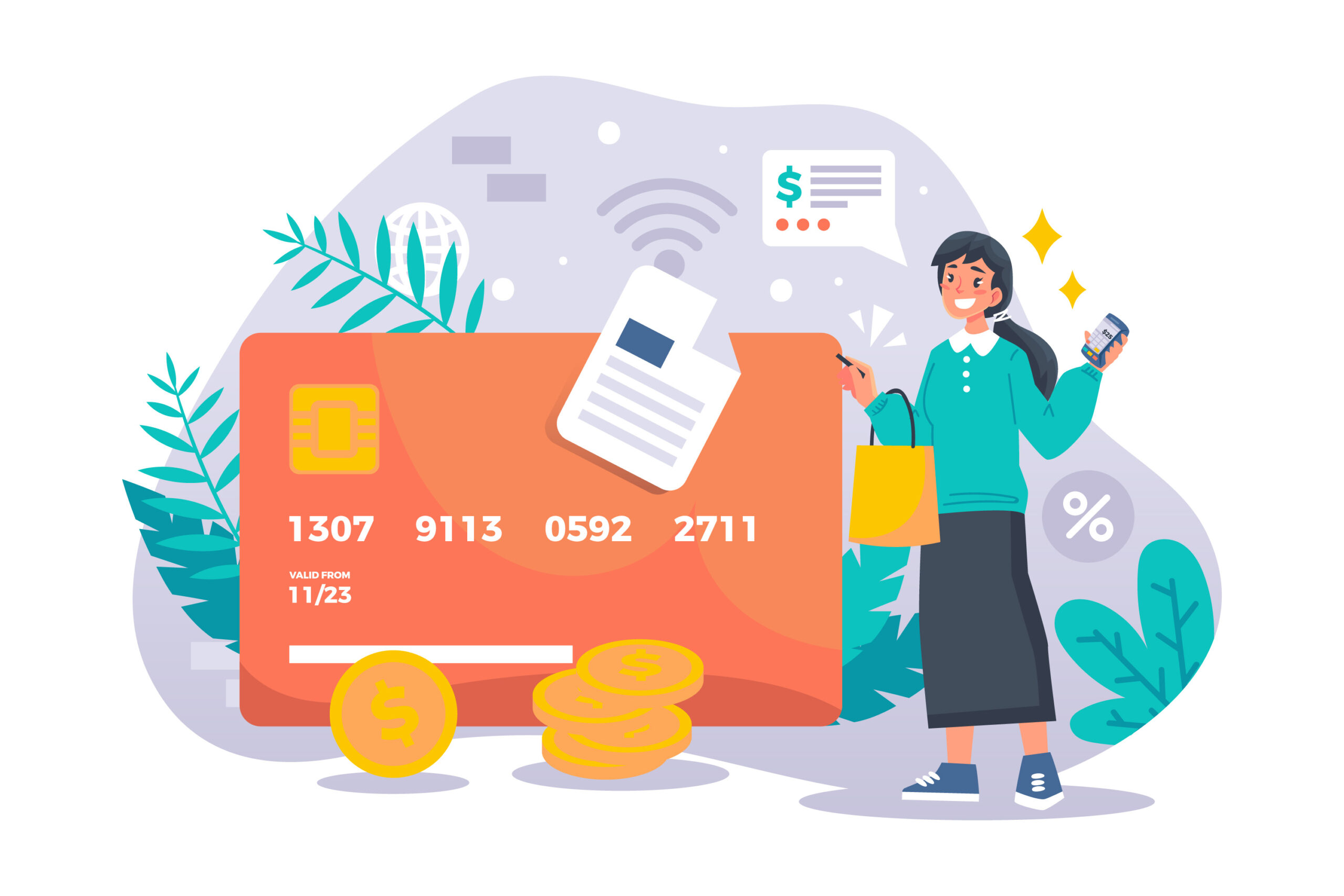Settling an ICICI credit card debt involves negotiating with the bank to reach an agreement on paying off the outstanding balance for less than the full amount owed. Credit card settlement should only be considered as a last resort, as it can hurt your credit score and financial history. Here’s what you need to know about settling an ICICI credit card debt:
- Contact ICICI Bank– Begin by contacting ICICI Bank’s customer service or collections department. Explain your financial situation honestly and let them know that you’re unable to make the full payment on your credit card debt.
- Assess Your Financial Situation– Before negotiating a settlement, assess your current financial situation. Determine how much you can realistically afford to pay as a lump sum to settle the debt. Be prepared to provide documentation of your financial hardship if requested.
- Negotiate the Settlement: ICICI Bank may be willing to negotiate a settlement amount that is less than the total outstanding balance. This can vary depending on your specific circumstances and how much you owe. Be prepared for a back-and-forth negotiation.
- Get the Settlement Agreement in Writing: Once you reach an agreement with ICICI Bank, ensure that you receive the settlement terms in writing. This agreement should include details such as the reduced amount to be paid, the deadline for payment, and any other conditions.
- Make the Settlement Payment: After agreeing to the settlement terms, make the agreed-upon payment to ICICI Bank by the specified deadline. Ensure that you keep records of the payment.
- Verify the Account Status: After making the payment, confirm with ICICI Bank that your account has been settled as per the agreement. Also, request a statement that shows the debt as “settled” rather than “unpaid.”
- Credit Consequences: Be aware that settling a credit card debt will likely harm your credit score. Your credit report will typically show the account as “settled” or “settled for less than the full amount,” which can be viewed negatively by future creditors.
- Tax Implications: In some cases, canceled debt from a settlement may be considered taxable income. Consult a tax professional to understand any potential tax consequences of your settlement.
- Consult with a Financial Advisor– It’s a good idea to consult with a financial advisor or attorney who specializes in debt settlement to navigate the process effectively and ensure that you’re making informed decisions. Remember that settling a debt should be considered a last resort when you genuinely cannot repay the full amount. It’s also essential to be cautious of debt settlement companies that promise quick fixes, as they may not always have your best interests in mind. Always prioritize open communication with your creditors and explore other options, such as debt consolidation or a repayment plan, before pursuing a settlement.
In the end, while credit card settlement can provide relief for those in dire financial straits, it should always be approached thoughtfully and as a last resort. Prioritize your long-term financial health, and remember that rebuilding your credit and financial stability is possible with time and effort.



